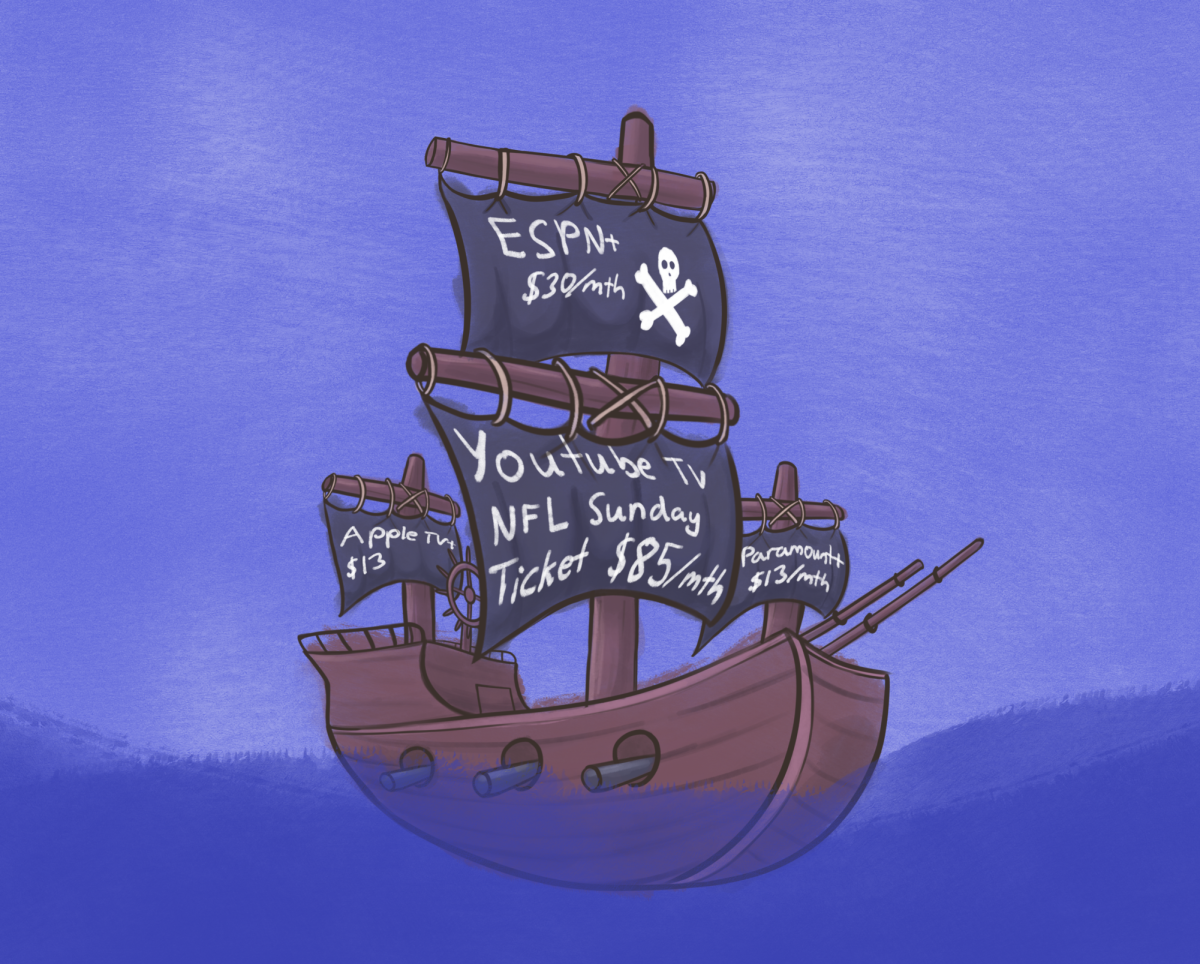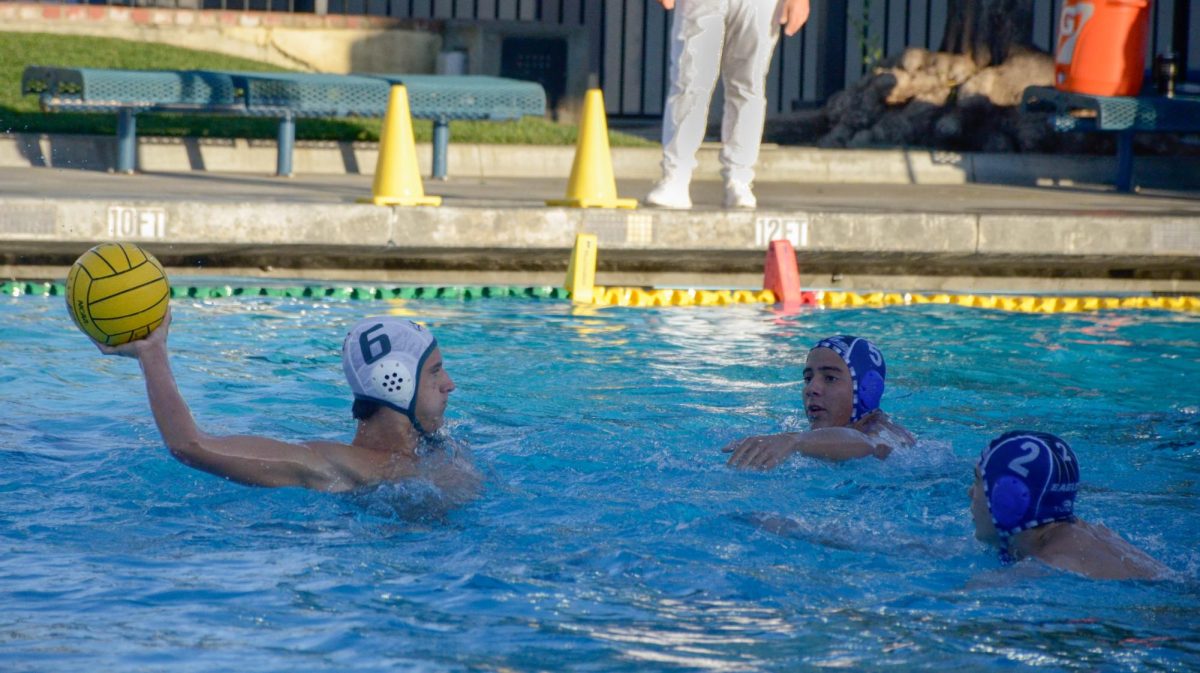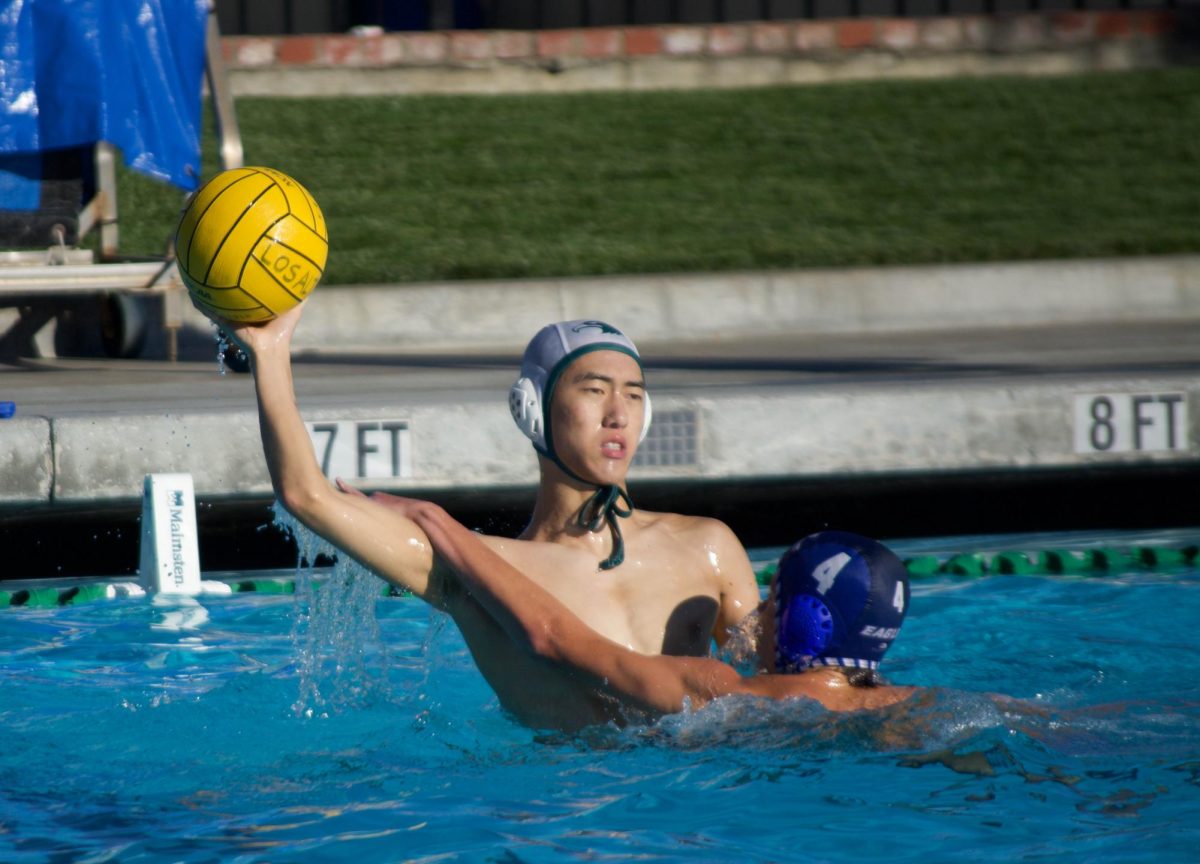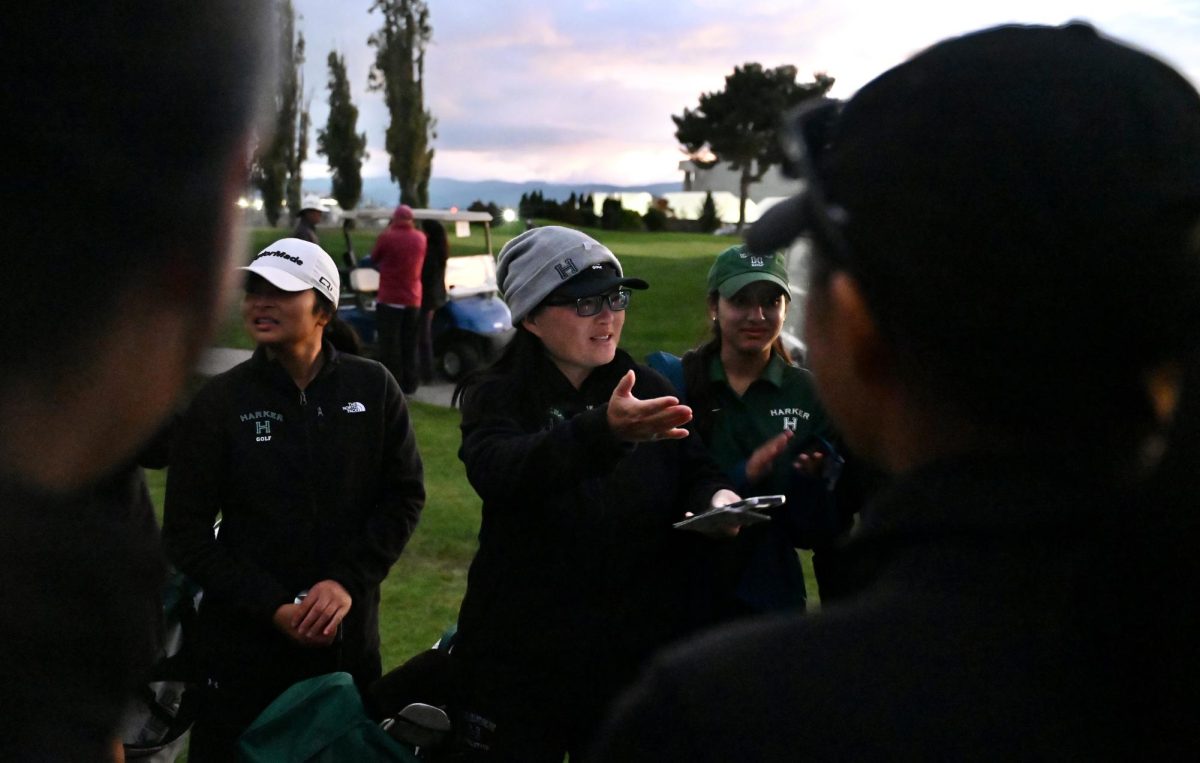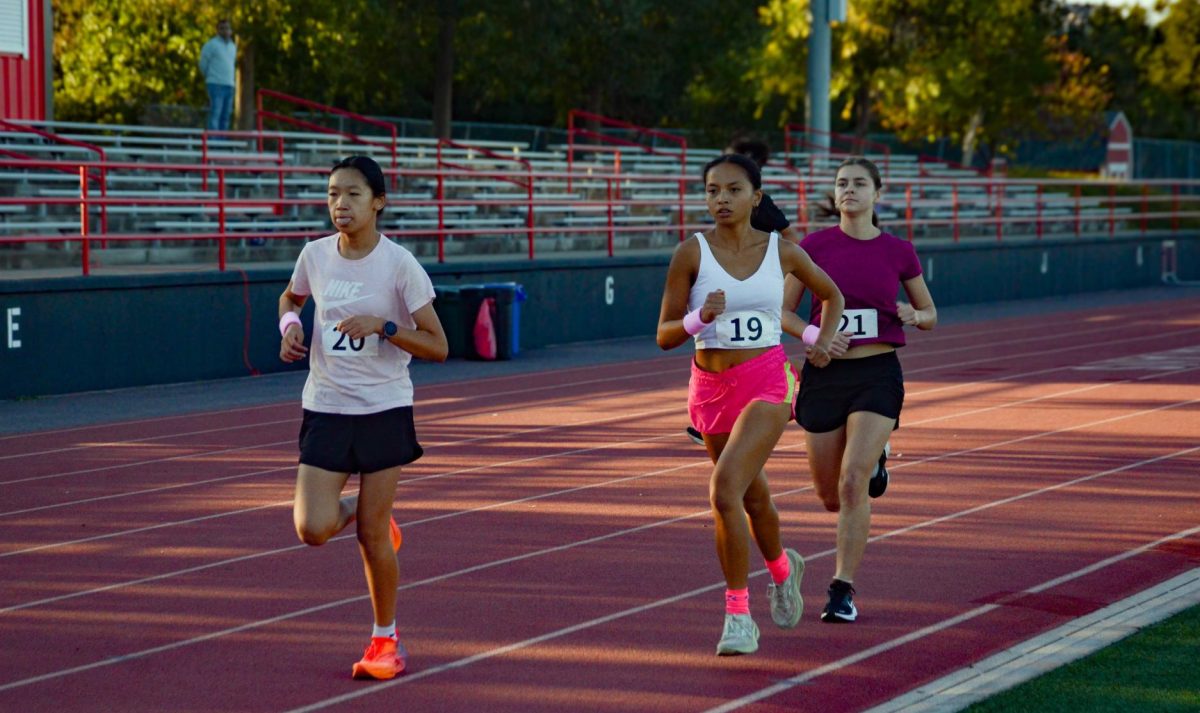StreamEast, one of the world’s most popular sports piracy websites, was shut down on Aug. 24 after two men running the operation were arrested by Egyptian law enforcement.
For hundreds of millions of fans, StreamEast has become the go-to destination for NBA, NFL, MLB and even international sports. Its takedown left many scrambling for a new way to pirate their favorite sports leagues and ignited a bigger debate on why fans turn to piracy in the first place.
Watching sports legally has never been so complicated or more expensive. In the 1980s and 1990s, most sports leagues aired all games on cable. Now, games are scattered across a multitude of platforms: Youtube TV has NFL Sunday Ticket, the NBA requires a special subscription called League Pass plus access to national TNT and NBC broadcasts, and soccer fans must pay for Peacock, ESPN+ and Apple TV+, all offering separate selections of games based on different leagues. Even Paramount+ has recently joined the game of sports broadcasting with a lucrative $7.7 billion deal with UFC for exclusive access to all 43 marquee events and fight nights.
The result is a costly problem. To watch the sports they want, fans may need three to five separate subscriptions, adding up to more than $100 per month. For students, that price is out of reach, and even for adults and families it is hard to justify unless they are deeply invested in a sport and can comfortably afford it. As such, over a billion users in the past year have pivoted to privacy, an easy loophole that is the best option for people despite its illegality.
According to the Alliance of Creativity and Entertainment, StreamEast attracted an average of 136 million viewers per month and 1.6 billion total in the last year. Sports piracy traffic also spikes dramatically on key game days, like the Super Bowl, the NBA Finals or the World Series. For many, the math is simple: $0 for free streams is a simpler choice than navigating through subscriptions that do not include each game.
While these numbers reveal how widespread piracy has become, understanding the reason behind them requires looking at this problem from a psychological standpoint: in particular a concept Psychology teacher Julie Turchin references as cognitive dissonance.
The APA Dictionary of Psychology defines cognitive dissonance as the discomfort we experience when our actions are inconsistent with our own self-image.
“If we think of ourselves as good people, but we do something wrong, we quickly find a way to explain it to ourselves,” Dr. Turchin said. “Once we’ve justified it, it no longer feels wrong, and it now becomes hard to stop.”
Economics teacher Dean Lizardo agrees that the behavior makes sense when viewed through a behavioral economics perspective: when the perceived cost of wrongdoing is low, and the price of morality is high, rational consumers adjust their behavior.
“It’s free, and you’re not actually liable if you’re just watching the stream,” Lizardo explained. “There’s no real penalty to you, and for students who don’t have money flowing in, it’s easy to say, ‘I’m not going to spend hundreds of dollars for a couple games I might have time for.’”
Lizardo also pointed to what behavioral economists call the “fudge factor,” the mental balancing act that lets people cheat a little while still seeing themselves as moral.
“Fans are like, ‘Surely they’re not going to miss me, a random student, giving them an extra hundred bucks,’” Lizardo said. “You don’t really feel bad about yourself for doing it because you’re just a small cog in their multi-billion dollar system, right?”
For many students, the conflict between cost and consciousness isn’t a real debate: it’s a mere calculation.
“Most of us know watching an illegal stream is ethically wrong,” sophomore Aditya Guru said. “But people don’t care enough to pay for a subscription, and for most people, it can be a pricey bill. At the end of the day, if it’s a big game that you don’t want to miss, a lot of students will choose to watch over what they think is ‘right.’”
The shutdown of StreamEast may have altered the sports piracy game for now, but whether it changes the behavior of users remains unlikely. For many people, the core issue — the high cost of streaming — has not been resolved. Until there is change, fans will keep looking for shortcuts.


















![“[Building nerf blasters] became this outlet of creativity for me that hasn't been matched by anything else. The process [of] making a build complete to your desire is such a painstakingly difficult process, but I've had to learn from [the skills needed from] soldering to proper painting. There's so many different options for everything, if you think about it, it exists. The best part is [that] if it doesn't exist, you can build it yourself," Ishaan Parate said.](https://harkeraquila.com/wp-content/uploads/2022/08/DSC_8149-900x604.jpg)




![“When I came into high school, I was ready to be a follower. But DECA was a game changer for me. It helped me overcome my fear of public speaking, and it's played such a major role in who I've become today. To be able to successfully lead a chapter of 150 students, an officer team and be one of the upperclassmen I once really admired is something I'm [really] proud of,” Anvitha Tummala ('21) said.](https://harkeraquila.com/wp-content/uploads/2021/07/Screen-Shot-2021-07-25-at-9.50.05-AM-900x594.png)







![“I think getting up in the morning and having a sense of purpose [is exciting]. I think without a certain amount of drive, life is kind of obsolete and mundane, and I think having that every single day is what makes each day unique and kind of makes life exciting,” Neymika Jain (12) said.](https://harkeraquila.com/wp-content/uploads/2017/06/Screen-Shot-2017-06-03-at-4.54.16-PM.png)








![“My slogan is ‘slow feet, don’t eat, and I’m hungry.’ You need to run fast to get where you are–you aren't going to get those championships if you aren't fast,” Angel Cervantes (12) said. “I want to do well in school on my tests and in track and win championships for my team. I live by that, [and] I can do that anywhere: in the classroom or on the field.”](https://harkeraquila.com/wp-content/uploads/2018/06/DSC5146-900x601.jpg)
![“[Volleyball has] taught me how to fall correctly, and another thing it taught is that you don’t have to be the best at something to be good at it. If you just hit the ball in a smart way, then it still scores points and you’re good at it. You could be a background player and still make a much bigger impact on the team than you would think,” Anya Gert (’20) said.](https://harkeraquila.com/wp-content/uploads/2020/06/AnnaGert_JinTuan_HoHPhotoEdited-600x900.jpeg)

![“I'm not nearly there yet, but [my confidence has] definitely been getting better since I was pretty shy and timid coming into Harker my freshman year. I know that there's a lot of people that are really confident in what they do, and I really admire them. Everyone's so driven and that has really pushed me to kind of try to find my own place in high school and be more confident,” Alyssa Huang (’20) said.](https://harkeraquila.com/wp-content/uploads/2020/06/AlyssaHuang_EmilyChen_HoHPhoto-900x749.jpeg)



